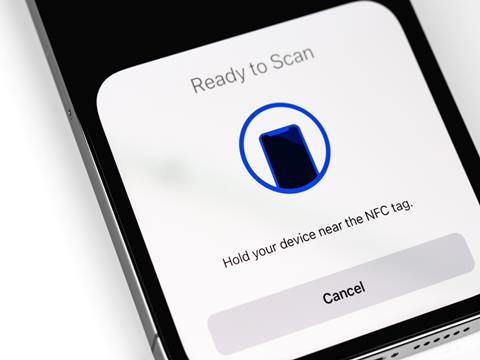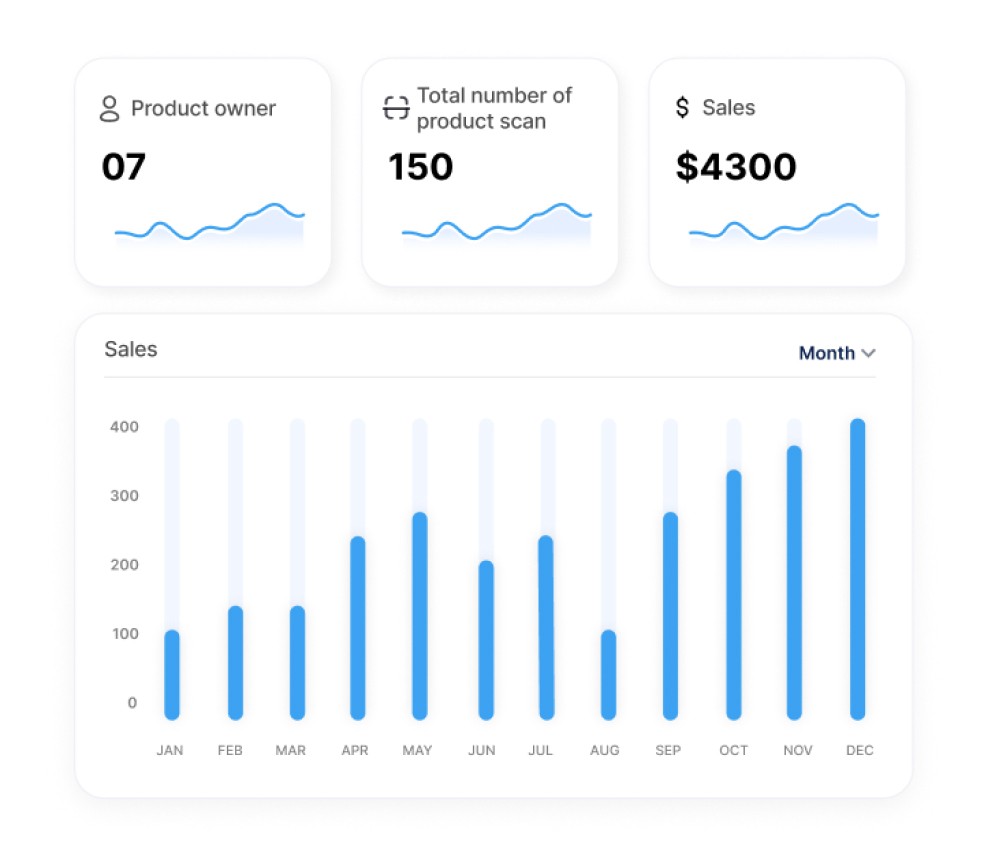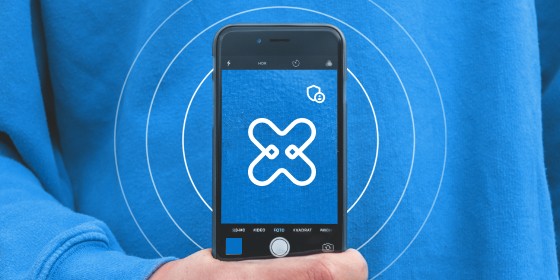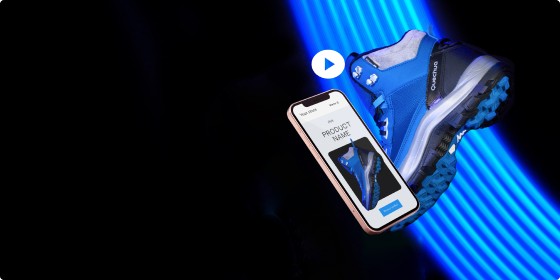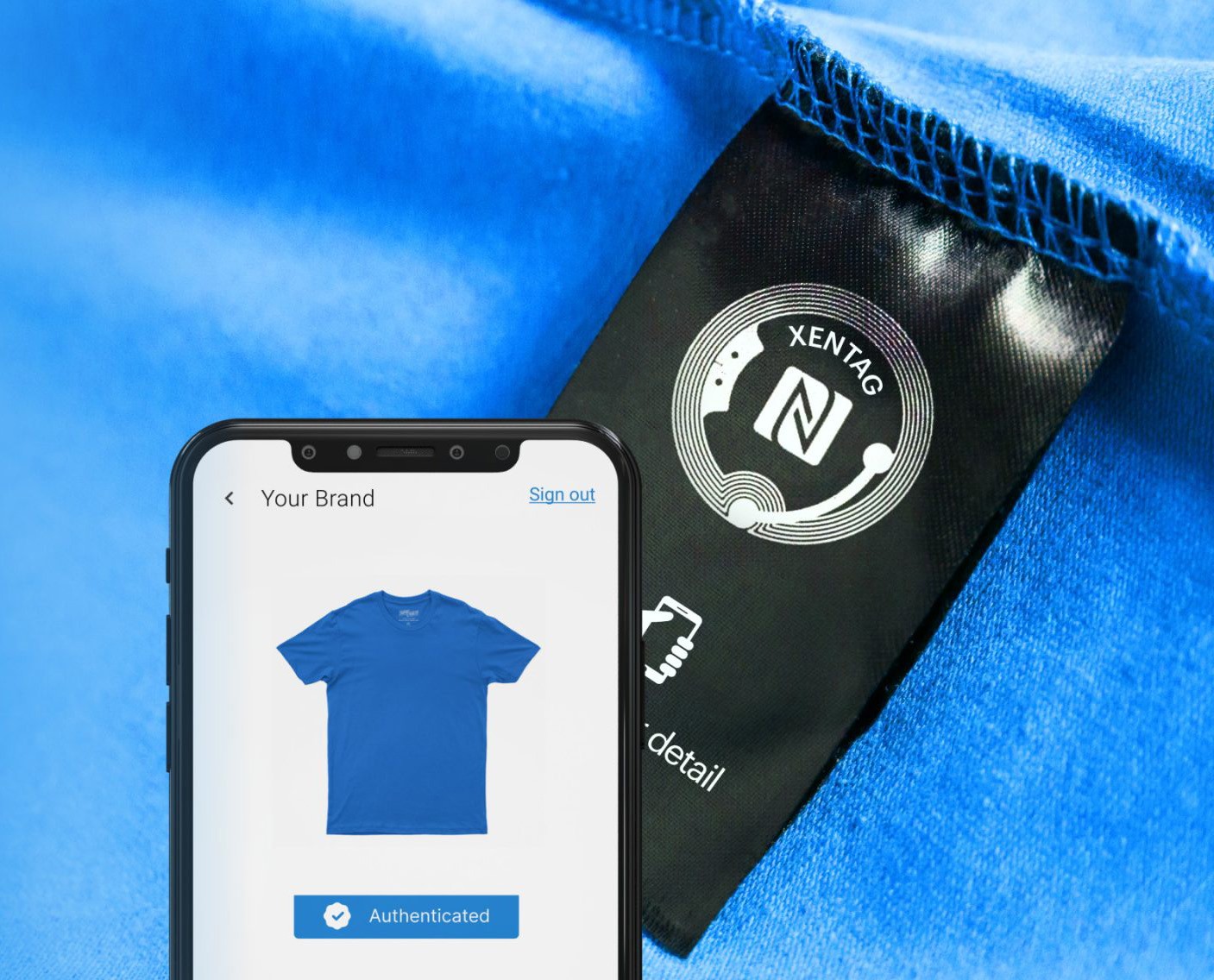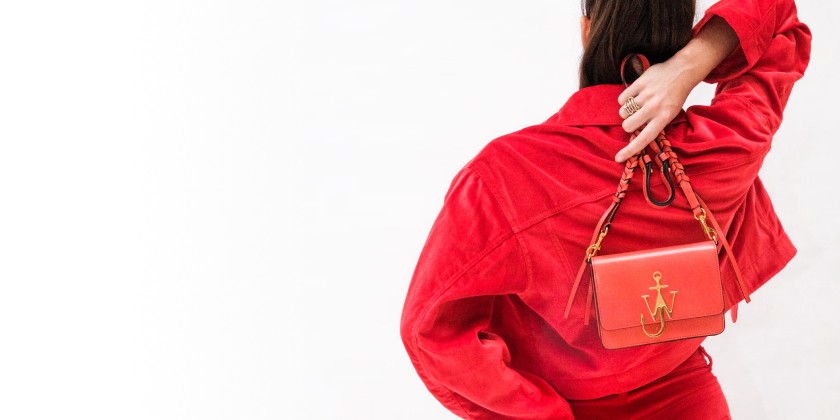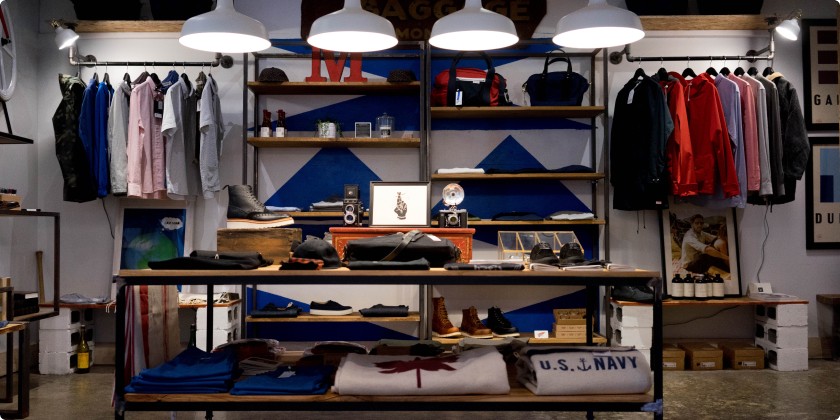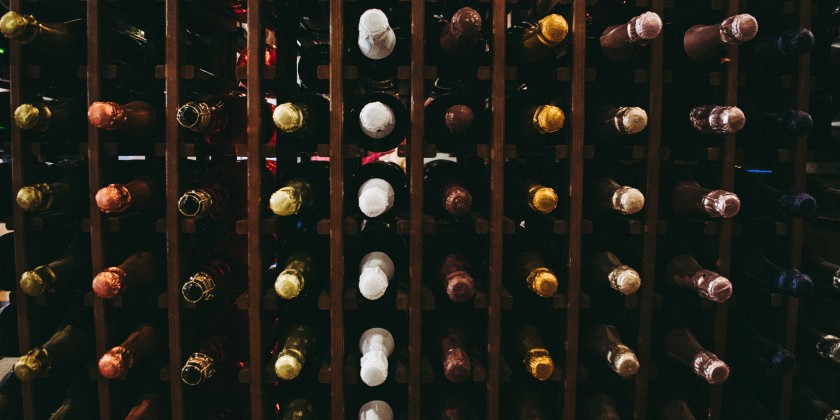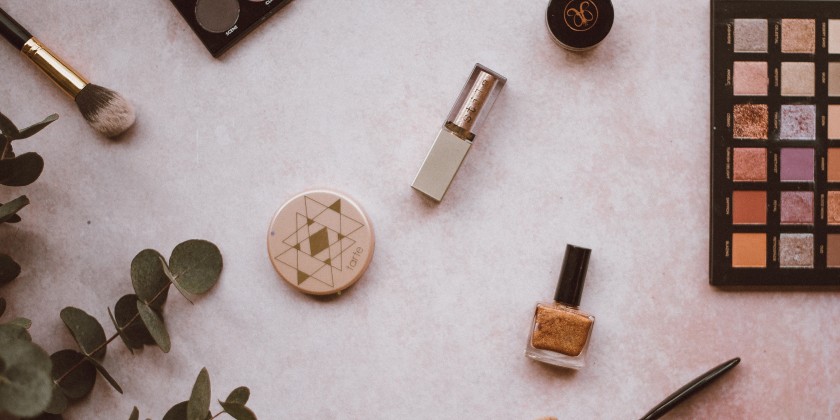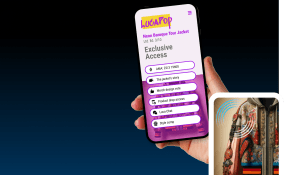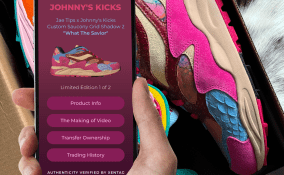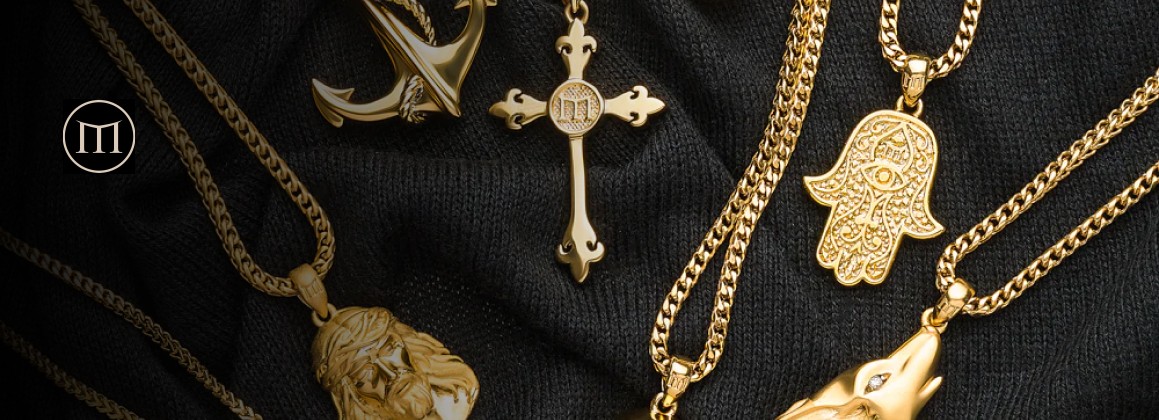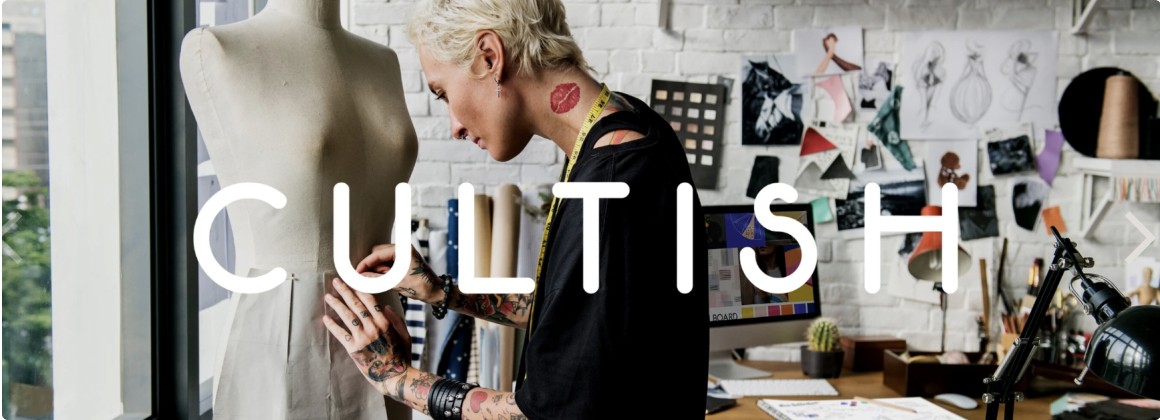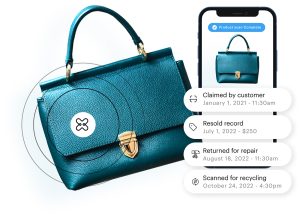“Counterfeiting will become the crime of the 21st century.”
– James Moody, former Chief, FBI Organized Crime Division
The first counterfeiting of luxury goods dates as far back as 27 BCE. A wine merchant hailing from Gaul managed to counterfeit trademarks on a wine amphora (a Roman or a Greek jug or a jar used for holding wine), thereby passing off a local inferior wine as expensive Roman spirits.
The world may have changed and evolved since then, but the counterfeit market is still very much a thriving business.
According to a report by the Harvard Business Review, the counterfeited goods market amounts to approximately $4.5 trillion. Of that number, fake luxury goods account for 60-70%.
With the current available data, the counterfeit goods market has grown in parallel with ecommerce platforms such Amazon, eBay and Alibaba; this is not a coincidence.
Approximately 40% of the sales of luxury fake goods occur online, due in part to the anonymous nature of ecommerce, and in part to the inability of authorities to police the web.
The growth of these ecommerce sites has facilitated the exponential growth of counterfeited luxury goods. What’s more, consumers often purchase these items knowingly. Despite the effort to curb this global pandemic, luxury brands seem to be losing the fight.
The cost of counterfeit luxury goods
Given the staggering number of luxury fakes on the market, one might assume that the only people who stand to suffer are the marketing teams that these luxury brands employ. However, the displacement of legitimate economic activity is far greater.
When it comes to luxury brands, products must be original and in short supply to be successful. The constant production of counterfeit items leads to lost sales revenue, damaged brand reputation and the loss of exclusivity.
Moreover, counterfeits are not made with any specific safety standards in place, which puts consumers at risk. For example, fake perfumes can cause skin irritations and counterfeit bags may contain chemicals that could cause the wearer to have an adverse reaction.
The sale of counterfeit luxury goods puts jobs at risk, which in turn has a negative impact on the global economy. From tax evasion to intellectual property rights, the effects of fake luxury goods are pervasive and long-lasting:
- Many counterfeiters use the proceeds from fake luxury goods to fund organized crime
- Counterfeiting contributes to job losses due to manufacturers being unable to match low prices
- The manufacturers of luxury brands are deprived of profits due to the underground counterfeit market
The most counterfeited luxury brands are Chanel, Louis Vuitton, Prada, Fendi, Gucci and Dior (according to the 2018 Global Brand Counterfeiting report). They are cheap to produce and can be sold anywhere for quick profit with almost no consequences or seizures.
Manufacturers of luxury goods have teams of lawyers and anti-counterfeiting task forces aimed at finding and persecuting the perpetrators of fake luxury brands. But what if there was a tool that could be used throughout the entire supply chain process to filter out fake items?
Introducing XenTag
XenTag is a small, pre-programmed RFID/NFC tag that is inserted or embedded into products. The tag helps track and evaluate goods at every step of the supply chain and allows customers to check the authenticity of the product using the tag.
How does XenTag Work?
In the first stage, XenTag is embedded into your products. The tag tracks and monitors your products until they reach a storefront, or your customer’s doorstep.
Your customers can download the XenTag app, available for either Android or iOS, and use it to authenticate their product instantly.
How secure is XenTag?
All product data is protected by three layers of security. The tag hardware and the information it stores is far more secure than QR codes or barcodes and cannot be replicated.
The volume of fake products being sold as genuine has surged exponentially. Despite the adage that if a deal sounds too good to be true it probably is, people are buying fake luxury goods in droves. Protect your brand and your business with XenTag. Contact your ZenduiT consultant today for a free demonstration.



